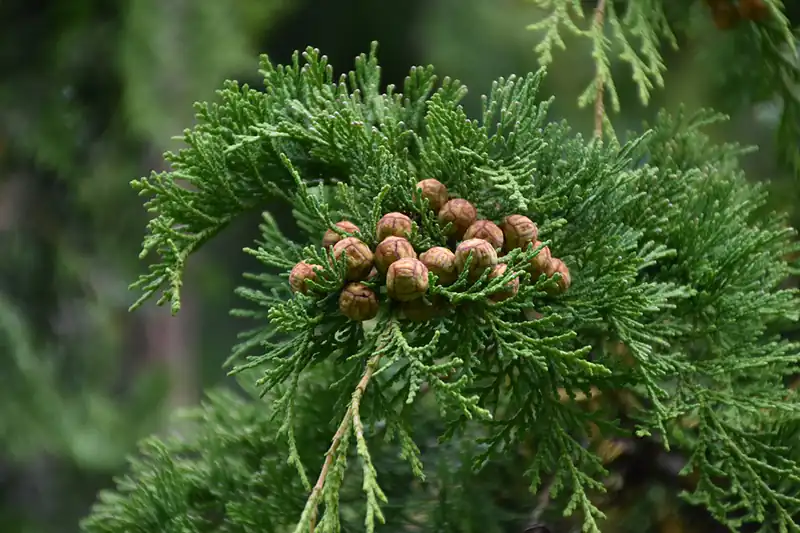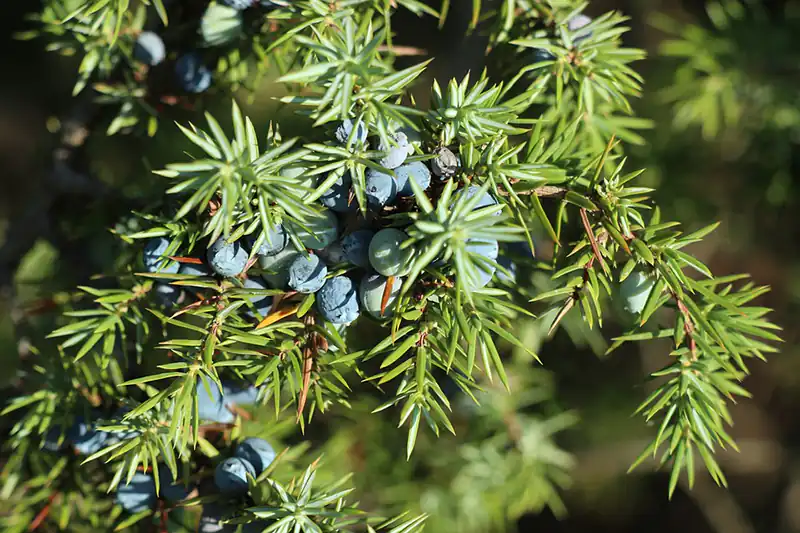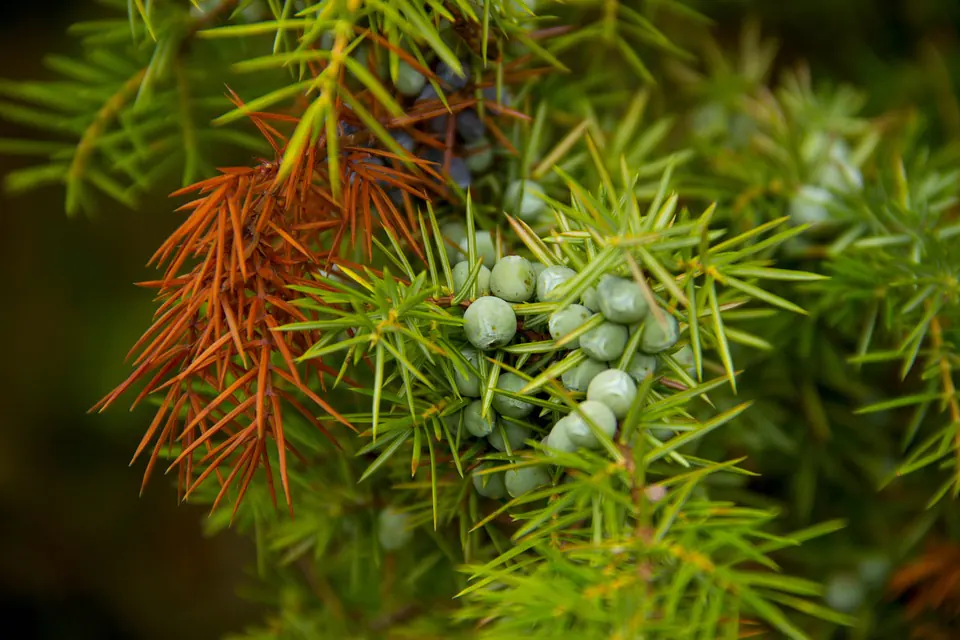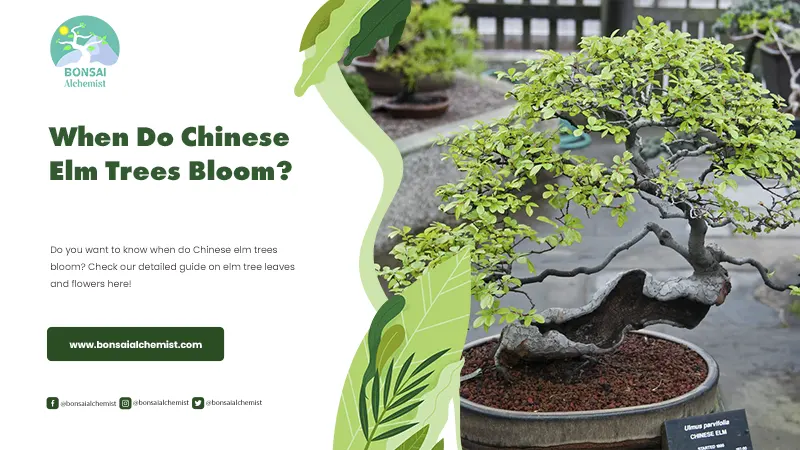Can You Eat Juniper Needles?
One part of the Juniper tree that’s usually used for food and gin is the berry. However, there are also some uses for the needles, albeit it’s not as popular as the fruit. We don’t recommend consuming them unless you have a bona fide recipe that’s proven to be safe.
Let’s take a detailed look as to whether you can eat Juniper needles.
Used in tea
Juniper leaves are used in various cultures to make tea. They’re scraped together into tea bags or used in a mortar and pestle to bring out the flavor. In this case, it’s not directly consumed and only adds taste to the tea.
You need to make a distinction between the different types of Juniper leaves. For one, you have the leaves that look like pointy needles, while the others have scales. Both are generally used for making tea with the branch, and it presents a bitter taste that’s an acquired taste.
Medicinal use
While the berries are also used in some forms of medicine, some cultures also use twigs and leaves to alleviate symptoms. Depending on how they’re prepared, they can be taken orally or inhaled while smoked. It’s best to discuss this method with a medical practitioner, as it may not be safe and it may cause some side effects, especially if you’re an asthmatic.
Some people use Juniper extracts from scales, which contain terpinen-4-ol that activates the kidneys. It also has amentoflavone which has antiviral traits. Finally, you can rub it on your skin as an essential oil for rashes or other skin conditions.
Other uses
Besides eating Juniper needles or using them for medicine, you can burn twigs and leaves as incense. It has a strong scent that’s used by many for meditation. Just rubbing the scales between your fingers will give you an idea of how strong the smell is.
It’s best to let the Juniper needles dry out before you burn them. Test if the smoke has any negative effects on your breathing before you use it for a prolonged period. Some traditions call for the leaves and branches to be prepared on a stove first to create the incense before burning them.
Species to Avoid
Not all Juniper species have needles you can eat or use in the way described above. For instance, J. oxycedrus and J. sabina are dangerous, and even the berries can make you sick. It’s better to study which species are most often used in tea and other recipes.
Common or garden Junipers are generally good for consumption when prepared correctly. You’ll need to confirm the exact species you’re using with a specialist and not just take anyone’s word for it. It also helps if your family or friends already have experience gathering needles for meals or tea so you know how to identify the safe ones.
Final Thoughts
As you can see, eating Juniper needles may not be the best way to spend your time. While there are some people that make tea from it, it’s not a common occurrence in American households. If anything, it’s safe to stay away from it altogether.
Of course, you can still make some incense out of it or use it as a herbal remedy if you happen to be in the wild. It helps if you can identify the specific Juniper, as you don’t want to end up with more issues than are necessary. Please be safe before trying to eat any part of a Juniper tree.







